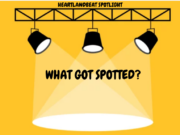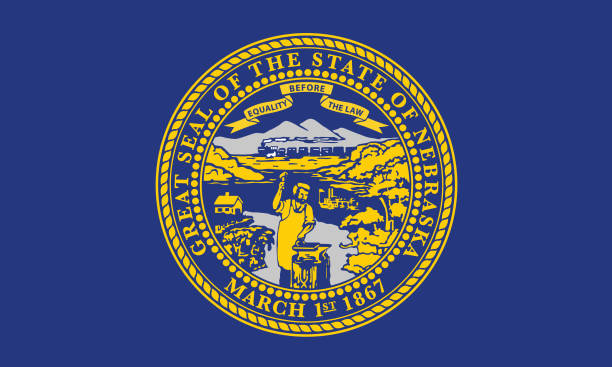By former Nebraska state senators Greg Adams of York, Kathy Campbell of Lincoln, Curt Friesen of Henderson, Mike Gloor of Grand Island, John McCollister of Omaha, Paul Schumacher of Columbus, and Matt Williams of Gothenburg.
Legislative Bill 753 will be on the ballot in November 2024, and it’s up to Nebraska voters now to decide if the state should go forward with a program to divert tax dollars to fund private school tuition.
The bill, passed by the Legislature earlier this year, sets aside $25 million in state tax credits for annual donations to organizations created to give scholarships to students attending private K-12 schools. The tax credits will cost the state up to $100 million within a decade, each year reducing Nebraska’s general fund, which is used to pay for public education, health and human services, and public safety.
Under LB 753, individuals and businesses who make donations to these new private school scholarship organizations qualify for a dollar-for-dollar tax credit on the amount they owe the state up to $100,000 a year. Estates and trusts can qualify for tax credits of up to $1 million.
These new tax credits far exceed the tax deductions provided to taxpayers who make contributions to other charities, such as local food banks, the Boys and Girls Clubs, American Cancer Society, American Heart Association, Alzheimer’s Association, and other groups. Under LB 753, a $5,000 donation to these new private school scholarship organizations reduces tax liability by $5,000, while donations to other charitable organizations save taxpayers only pennies on the dollar.
The program is first-come, first-served, and easily accessible only to those well-positioned taxpayers able to swiftly navigate its red tape. For those who qualify for tax credits, they are essentially sending to private school scholarship organizations money that they owe the state.
The Legislature passed LB 753 on May 24, and Gov. Jim Pillen signed the legislation on May 30.
Over the next 90 days, 117,145 Nebraskans sought out petition circulators to say that they wanted to vote on this huge policy change. That’s nearly twice the number of petition signatures needed to put the question on the 2024 ballot.
As former senators, we were elected by Nebraska voters, and we respect the key role voters play as Nebraska’s “Second House.” We heard regularly from our constituents when we were in office and know they care deeply about their tax dollars, how they are spent and the public services they provide.
Since LB 753 is essentially a workaround to Nebraska’s Constitutional prohibition on state dollars going to private schools, voters should get a say, especially given the potential impact not only on the state budget but also on our public schools. The vast majority of Nebraskans are educated in our public schools, and they form the backbone of hundreds of communities, both rural and urban.
On Jan. 1, LB 753 became law, and we, as Nebraskans, can begin to assess what it means for K-12 education. Over the coming months, there will be ample opportunity for supporters and opponents of LB 753 to share information on the legislation.
With their signatures, the people of Nebraska have spoken. Now, it’s up to them to say whether they want to repeal or retain LB 753 and decide the issue of diverting public tax dollars to private schools.


































